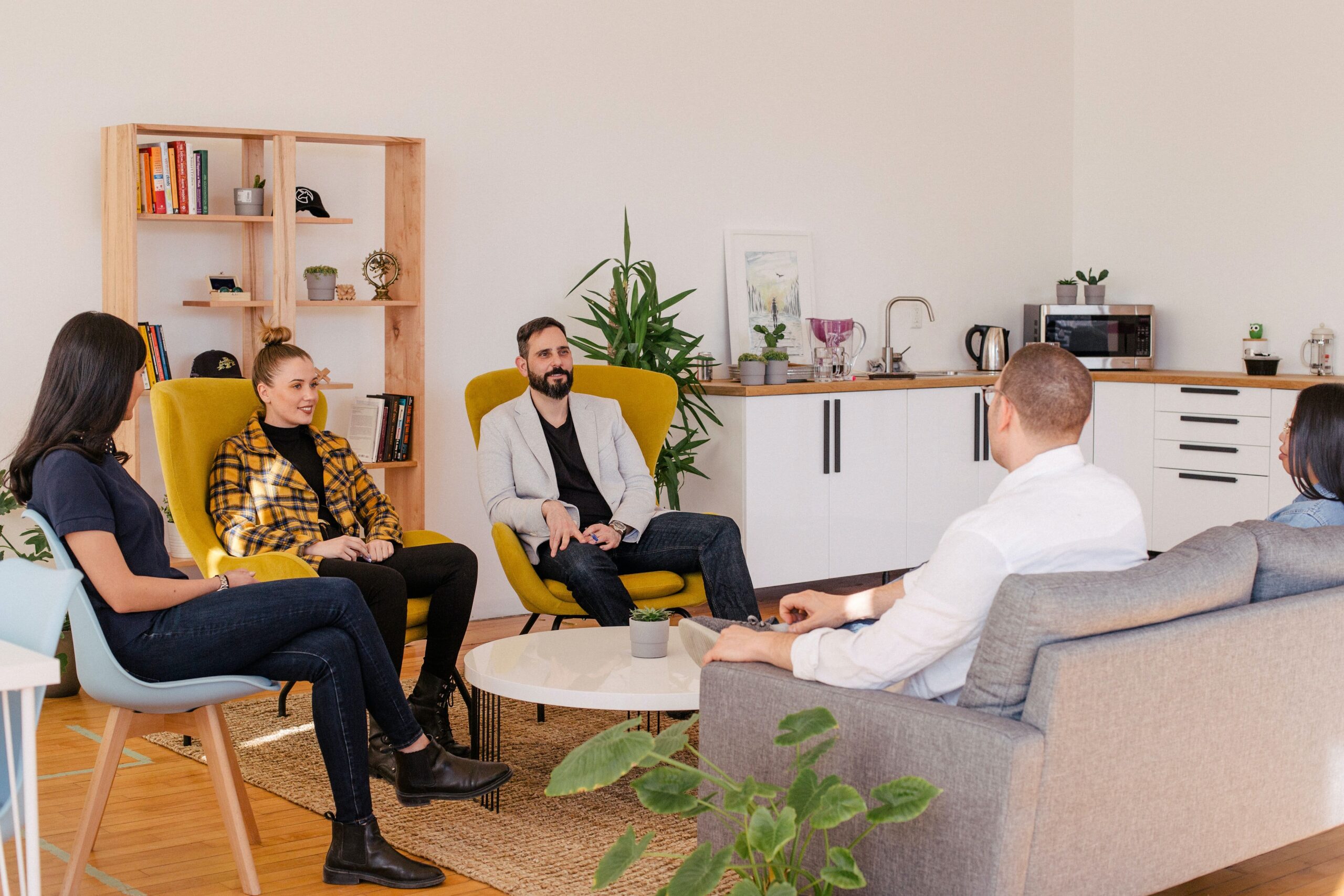Out of all the common interview questions asked, the ‘what is your greatest weakness’ question, is among the hardest to answer.
Candidates, applying for an advertised position within a new organisations, struggle to answer a direct interview question that deliberately focuses on a negative, not a strength, because they believe that a ‘negative’ interview answer will score low, on the interview scorecard
Who is asked the ‘weakness’ interview question?
What many applicants don’t consider, is that all interviewees will be asked the same ‘weakness’ interview question.
Some of these applicants will try to influence the job interview by not directly answering the question: ‘I don’t have any weaknesses!’
This answer is weak within itself. It is the same as being asked ‘are you a team player?’ to then talk about working on your own initiative. Employers ask each job interview question for a particular reason – they want to know something specific about the applicant that is relevant to the job vacancy.
Job seekers who state: ‘I have no weaknesses’ will be scored low.
Interviewers are really asking ‘how do you develop?’ or ‘what have you done to improve an area of development?’
Mainly the ‘weakness’ interview question is asked for low skilled positions or within the ‘supportive’ sector that needs career professionals to be lifelong learners.
How to approach the ‘weakness’ question?
We have established that the ‘weakness’ question is really about a candidate’s approach to development. More specifically, self-reflection and development.
The 3 step process to answer the ‘weakness’ interview question is:
- Self-reflection – identifying a weakness or area of development
- Upskilling – taking action to develop the weakness
- Ability test – completing a self-check to ensure the weakness or area of development has been overcome
How to answer ‘do you have any weaknesses?’ Interview question.
The 3 step process, when answering the interview question, can be framed with an opening and summary.
Interview answer opening.
“I believe everyone has areas of development…”
“One of my strengths is recognising my weaknesses, so I ca develop my skills….”
“Because I believe in self-development, I am always self-assessing my skills…”
Interview answer 3 step process.
- Self-reflection – “…an example of this is when I (give an example of a self-development process IE during an employee review, completing a skill test, via a mentor, etc)…”
- Upskilling – “….to develop this skill I focused my time on (add actions you took to improve the (area of development)…”
- Ability test – “….I knew I had improved on this area when (give an example of using the skill with confidence and competence)

Job Interview Advice







